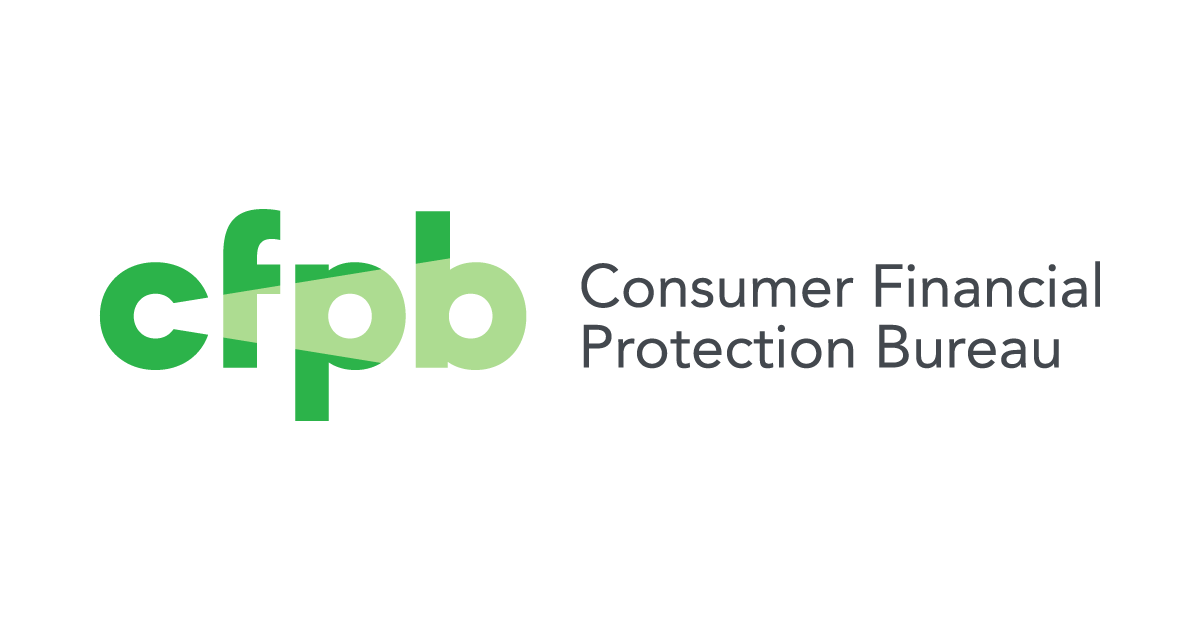The Consumer Financial Protection Bureau (CFPB) is working to combat junk fees across the consumer financial marketplace. As companies are stopped from charging many of these fees, people are facing new risks as companies experiment with new sketchy fee tactics, which are often illegal.
Some junk fees – like surprise overdraft fees – are charged by the company the person agreed to do business with, like a bank that provides checking accounts. The CFPB has also been focused on fees charged by companies that people never chose to interact with in the first place, such as loan servicers or debt collectors. Although these companies are typically paid by the firm that hires them, they often try to increase their profits by charging fees to consumers. And when companies attempt to charge fees that the person didn’t agree to initially, that’s often illegal.
For example, the Fair Debt Collection Practices Act prohibits debt collectors from collecting any amount that is not expressly authorized by the agreement between the consumer and the company that the consumer actually agreed to do business with or permitted by law. In other words, if the person didn’t agree to the fee when they signed up for the original deal, a debt collector often can’t charge it. Some state laws also specifically prohibit these fees in other contexts, such as for loans that are not in collections.
We have seen companies try to charge these unlawful fees in a variety of different contexts. For example, debt collectors have imposed unlawful “pay to pay” fees on consumers who want to make a payment in a particular way, such as online or by phone. Similarly, we have seen mortgage servicers acting as debt collectors improperly try to charge fees for payoff statements. Courts have agreed that this conduct is unlawful. And courts have also ruled that debt collectors broke the law when they tried to collect a variety of other fees, including made-up “service charges,” unauthorized fees for paying in installments , and even entirely arbitrary “collection fees.”
Now that companies are being held accountable for charging these unlawful fees, they have switched to new, underhanded tactics to try to continue to extract junk fee revenue from people. For example, we have seen some debt collectors unlawfully amend consumers’ existing contracts to try to bless the very fees that they are otherwise prohibited from charging. These companies don’t give the person any real choice in the matter: they are simply told that they are required to sign paperwork changing the terms of their original agreement if, for example, they want to continue using certain payment methods. In fact, the CFPB has cited one or more companies for these practices in our supervisory examinations. It’s particularly suspect when people have no choice about doing business with the company, such as a servicer or debt collector, when the fees are buried in “terms of service” or other obscure places, or when companies use “dark patterns” or other tricks to try to get people to “agree” to fees.
The CFPB is monitoring the market to ensure that companies don’t attempt to evade prohibitions on illegal junk fees with other illegal tactics. State law enforcement and regulators can also enforce the federal consumer financial laws and other state consumer protections against these unlawful practices.
The CFPB’s action in this area builds on previous work and guidance involving contractual “fine print” to ensure that consumers’ interactions with financial institutions are free and fair. For example, earlier this year, the CFPB issued a circular explaining that the use of unlawful or unenforceable terms and conditions in contracts may violate the Consumer Financial Protection Act’s prohibition against deception. Last year, the CFPB proposed a rule to require certain supervised nonbank companies to register with the CFPB information about their use of contractual terms that claim to waive or limit consumer rights. The CFPB also has explained that banks and financial companies attempting to silence consumers from posting honest online reviews through contract terms undermine fair competition and may be breaking the law. And the CFPB brought an enforcement action against a company that, among other things, unfairly required consumers to “agree” to its terms of service if they wanted to learn about what another company was alleging.
If you have had a problem with a consumer financial product or service, including improper tactics involving contract terms, you can submit a complaint with the CFPB.

